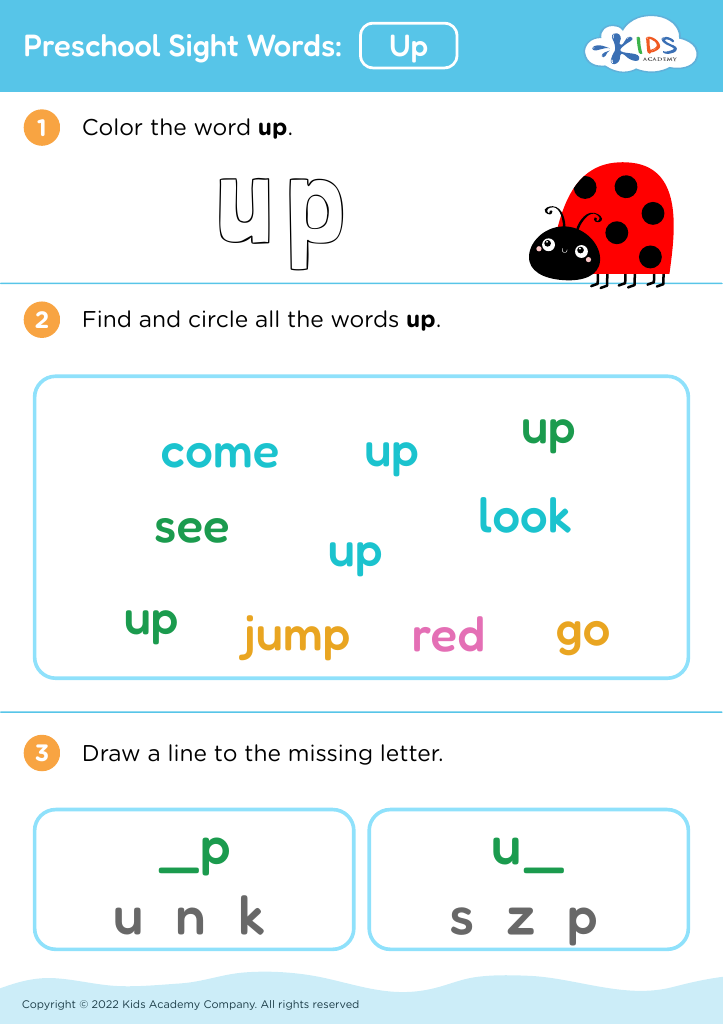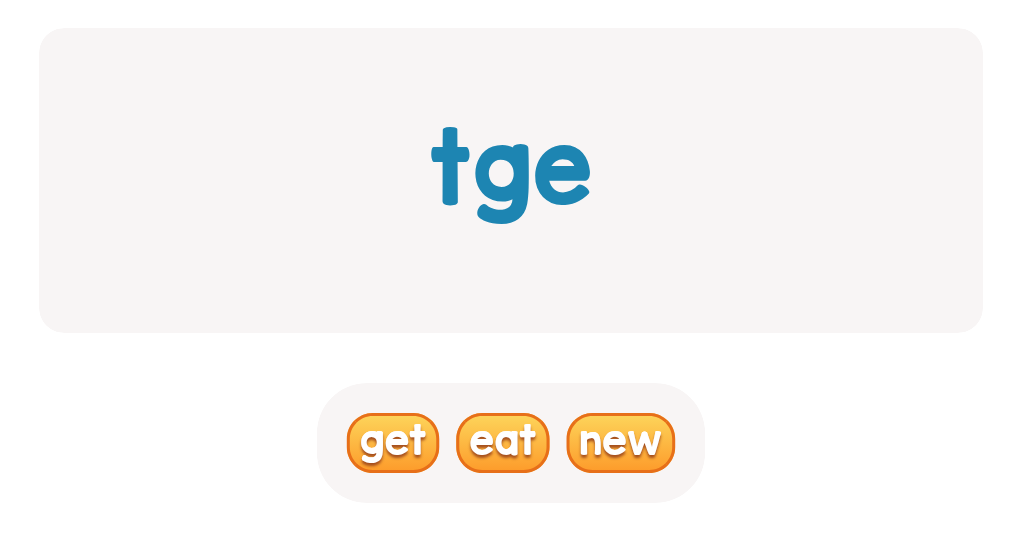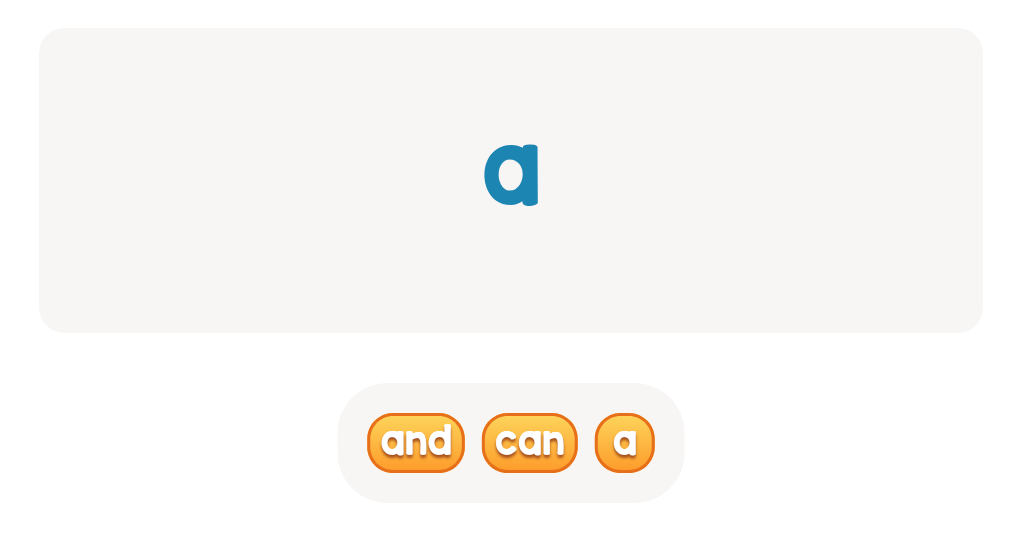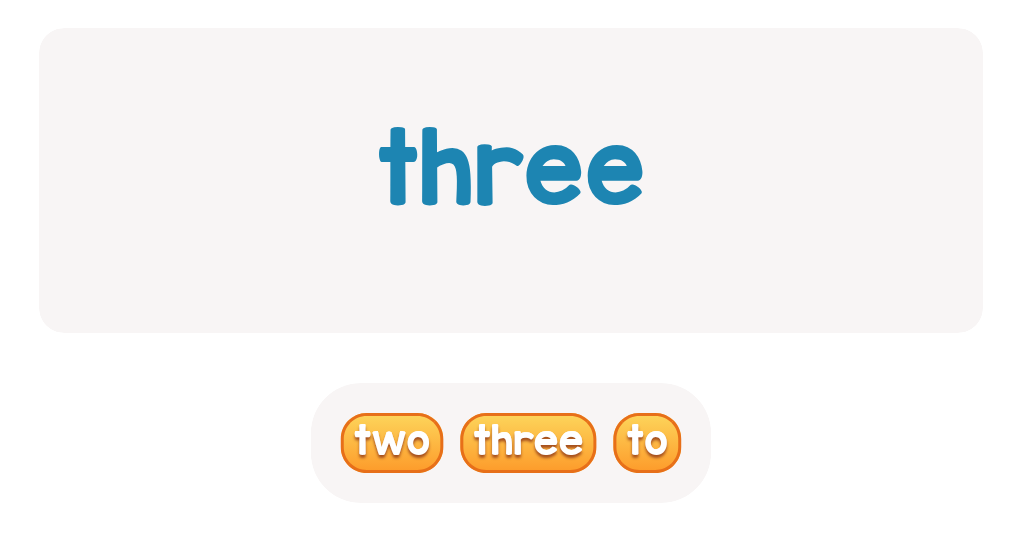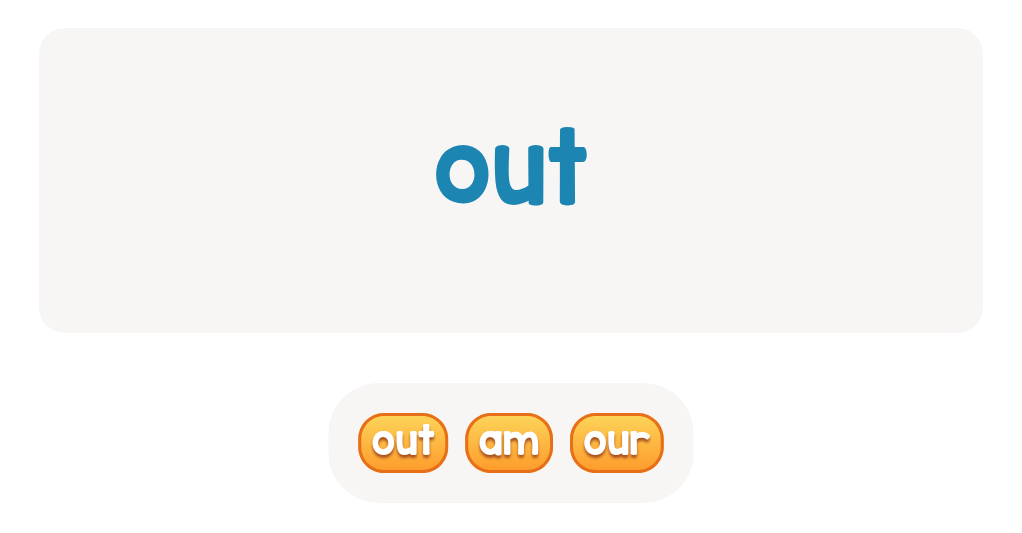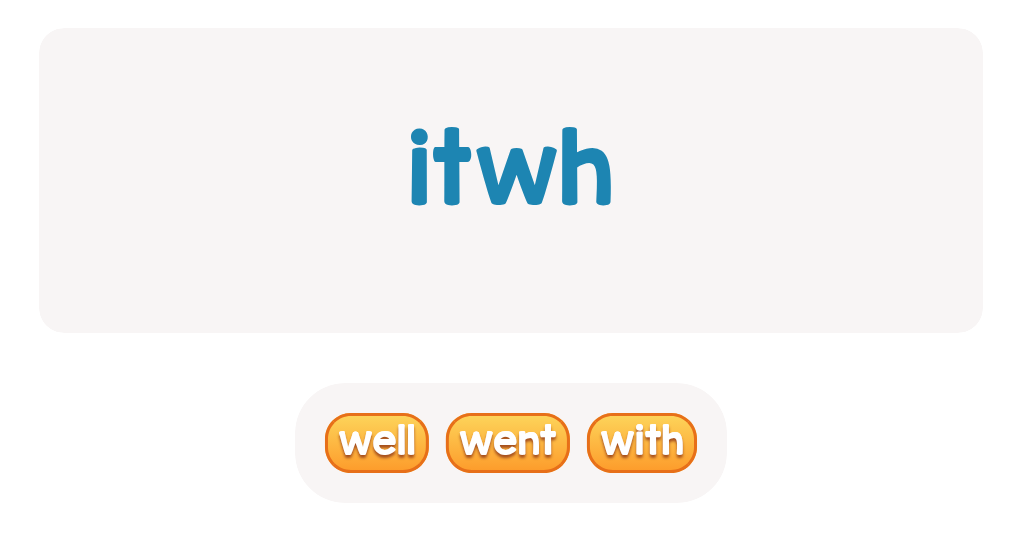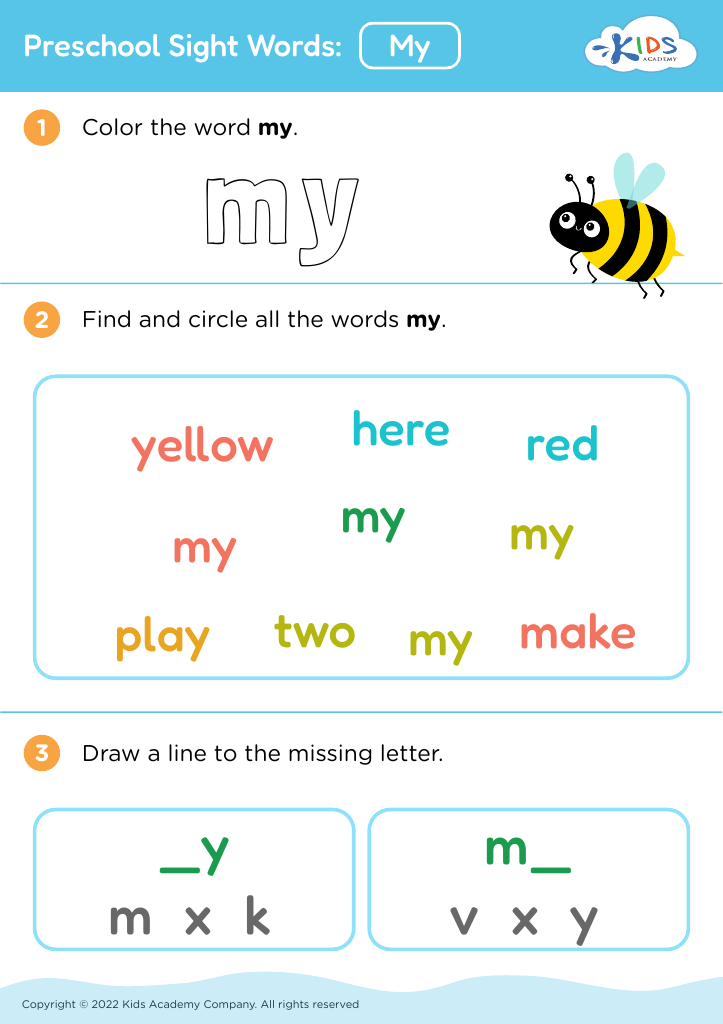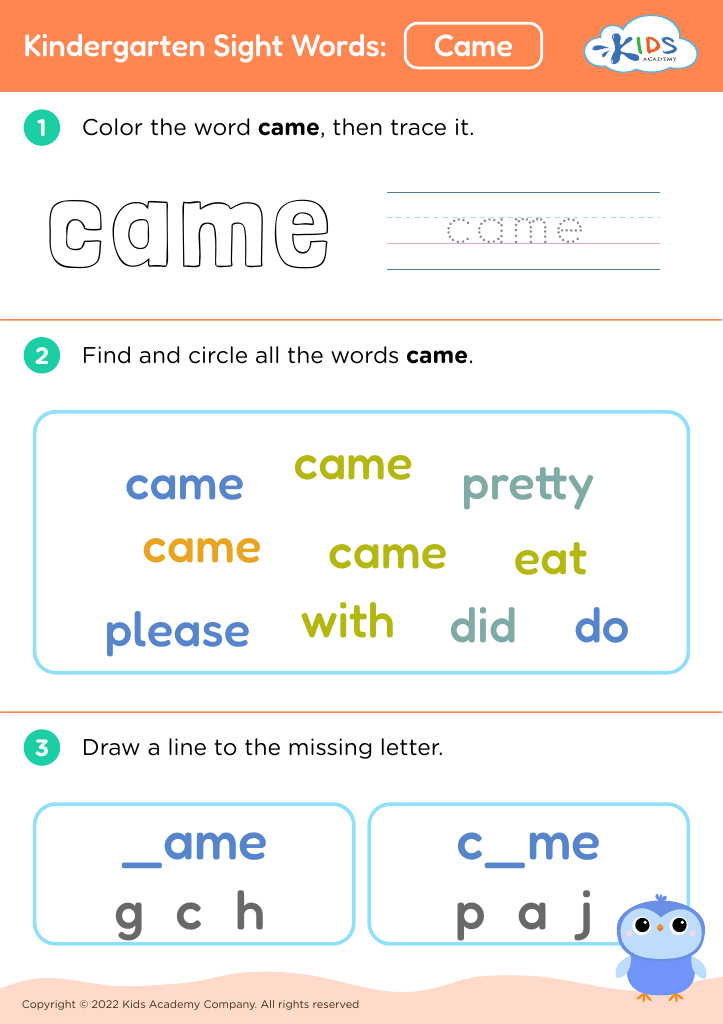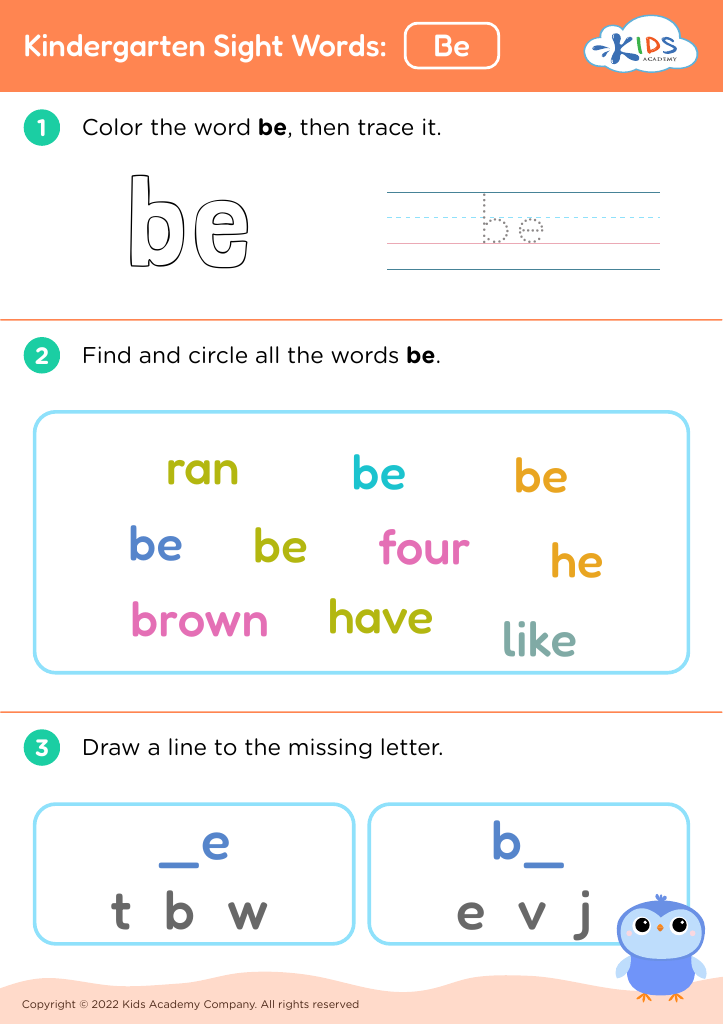Fraction comparison Building Vocabulary Worksheets for Ages 3-4
7 filtered results
-
From - To
Discover our engaging Fraction Comparison Building Vocabulary Worksheets designed specifically for children aged 3-4. These interactive activities introduce young learners to fundamental math concepts and language skills by helping them compare fractions in a fun and approachable manner. Our worksheets incorporate colorful visuals and simple terminology to facilitate understanding, making learning enjoyable for preschoolers. By exploring size differences and concepts of "more" and "less," children will enhance their vocabulary while developing critical thinking skills. Perfect for classrooms or at-home learning, these worksheets lay a strong foundation for early mathematical comprehension. Start your child's learning journey with us today!
Understanding fraction comparison and building vocabulary around it are crucial for young learners aged 3-4. At this early stage, children are beginning to develop foundational math skills, and introducing concepts like fractions can enhance their cognitive development. Fractions help children understand parts of a whole, which lays the groundwork for more advanced mathematical concepts later on.
Moreover, vocabulary plays a vital role in a child’s ability to express and comprehend mathematical ideas. By engaging with terms such as “half,” “quarter,” and “equal,” children can articulate their understanding and compare different quantities effectively. This vocabulary empowers them to grasp not only math concepts but also improves their communication skills overall.
Engaging parents and teachers in promoting fraction comparison helps create a collaborative learning environment. When caregivers use everyday situations, like sharing snacks or dividing toys, to introduce fractions, children can see and relate to these concepts concretely. Additionally, reinforcing this learning in various contexts fosters curiosity, critical thinking, and problem-solving skills.
In summary, understanding fractions and their respective vocabulary builds a sturdy educational foundation, aiding in children's overall development and fostering a lifelong love for learning.
